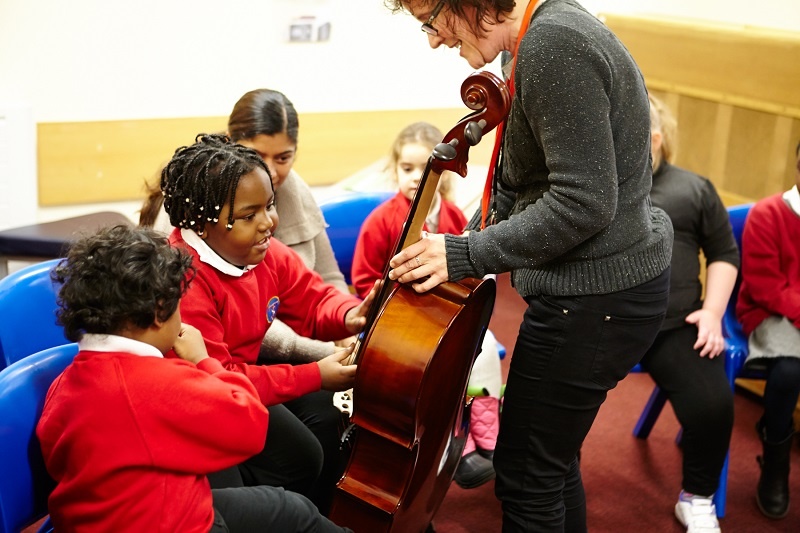
The Durham Commission Reports - opportunities for arts education
BY: Annabel Thomas
20 Oct 2019
We were excited to read the Durham Commission report on Creativity and Education, released on the 16 October 2019. In this blog we will explore some of the key findings from the report, and explore how Arts Award can help with the longer-term aims and ambitions raised by the Commission.
What is the Durham Commission?
Taken from the Durham Commission website;
The Durham Commission on Creativity and Education is a collaboration between Arts Council England and Durham University that aims to identify ways in which creativity, and specifically creative thinking, can play a larger part in the lives of young people from birth to the age of 19, both within and beyond the current education system. (Durham University, 2019)

The Commission published its first report on 15 October 2019, with detailed recommendations and suggestions for taking creativity in education in England forwards.
Some of the key initial findings from the report include:
- Establishing a network of Creativity Collaborators, supporting schools to develop creativity in the classroom across all subjects, in a peer-supported and mentored way with appropriate funding and resourcing.
- Supporting schools to take part in PISA’s 2021 evaluation of critical thinking (identified by the Commission as a key component of creativity)
- The creation of a National Plan for Cultural Education
- A review of the provision of professional development opportunities for teachers in arts subjects and for the cultural workforce and freelancers who work with schools
- More partnership working to create high-quality extra-curricular, out of school opportunities for all young people, building on the work of National Saturday Clubs, Music Education Hubs and the National Citizens Service
- Better preparation of young people for the changing world of work
- Better support for high quality early years creative education
This is just a summary of some of the key points. We recommend taking a look at the always excellent Cultural Learning Alliance’s review for a more detailed look at the content of the report. A significant takeaway was that placing creativity at the heart of education opens so many doors for every young person. Increasingly, employers are recognising the value of creativity in a wide range of sectors, from engineering to acting and more. Beyond this, creativity will be in the top three most important skills for future jobs, as found by the World Economic Forum. Arts Award has always advocated for creativity being a key component of 21st century skills to help all young people thrive - we assess this specifically at all levels, and at Silver and Gold it expands to creative problem solving as well as teamwork, communication and specific art form knowledge.
Working in partnership
Other aspects of the report which was encouraging was the reaffirmation of the importance of partnership working. This is something which Arts Award has always encouraged as we know that by working together, schools and arts organisations can create incredible experiences for young people, as well as sharing expertise and knowledge between the sectors. Something that Arts Award have found is a great way to develop local partnership working, which is sustainable as well as enjoyable, is in-house training. In-house training is one way to train as an Arts Award adviser, and means that Arts Award comes to you at a time and place of your choosing, saving money at the same time! Open to groups of 6-15 individuals, these sessions can be a mix of school staff and arts and cultural staff - or just schools or just arts organisations. However we have found in-house training in a local area with a mix of individuals who all want to work towards a common goal to be incredibly powerful, and can help with schools’ progress towards teaching for creativity in the broader sense.
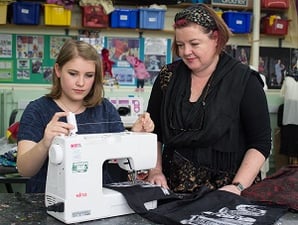
Arts Award training is a great way to upskill all educators in high quality arts education, including those who may not be arts specialists - something else which the Durham Commission highlighted as an area needing improvement. For NQTs or teachers still in training, in-house training can be a great addition to any course or NQT support programme - making new teachers more employable and helping them to develop their peer networks at the same time. What’s more, training in this way can be more cost effective compared to our public training options.
Arts education for all
As an area of concern for the Durham Commission, Arts Award can make a significant contribution to the creative development of all young people, regardless of their backgrounds. Not only is Arts Award inherently accessible by its design, Arts Award’s Access Fund aims to support people working with young people in areas of deprivation to achieve Arts Award, and access arts opportunities. In the past we worked with charity Children & the Arts on their Start programme, designed to bring the arts to children and young people who otherwise may not be able to access these opportunities, and our provision for young people with SEND is extensive and a core part of our work.
Preparation for the world of work has to be a key part of any education system and creativity can and should be at the heart of this. At Silver and Gold, we embed employability skills and careers education into our framework. At all levels we encourage children and young people to find out about the artists, creators and makers who inspire them, and at our higher levels we expand this to include practical work experience which we hope will help to broaden horizons for young people and introduce them to careers they may not have considered before. 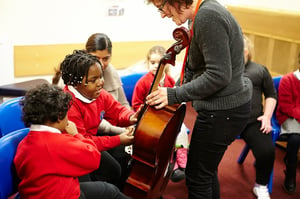
We look forward to the future work of the Durham Commission, and hope that the recommendations may start to become actions that improve the cultural and creative education of every young person in England.
For more information on our in-house training offer, and to access a time-limited bespoke training and support package, please contact Annabel Thomas, Arts Development Manager.
Related posts
BY: Annabel Thomas
BY: Caroline Bray
BY: Alan Lynch

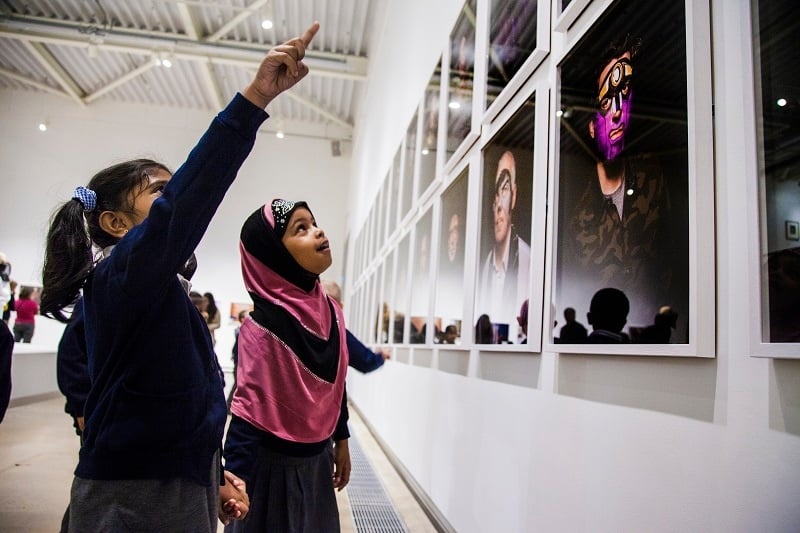

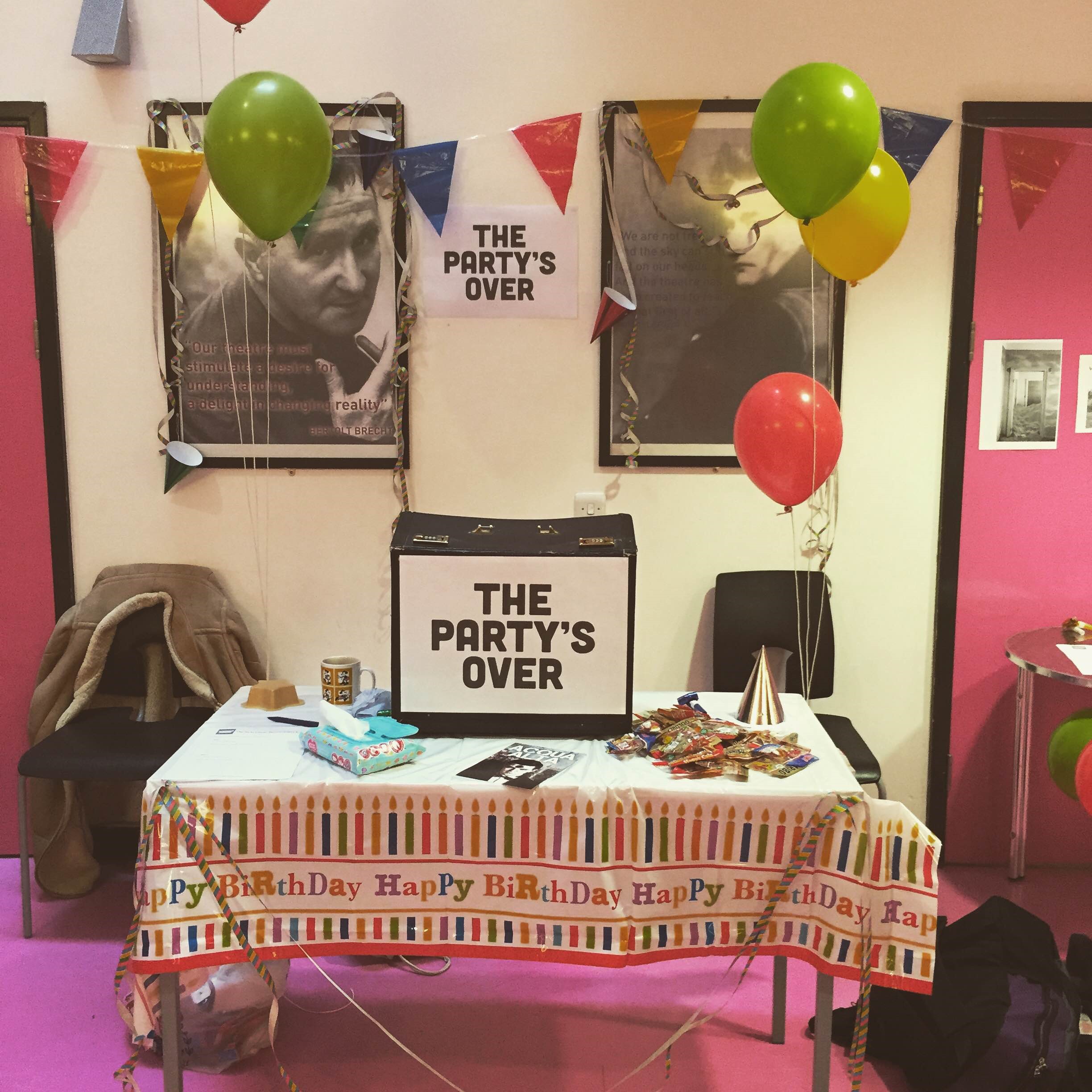
Comments & Replies